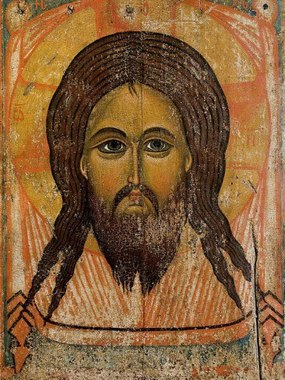
God of justice, Father of truth, who guide creation in wisdom and goodness to fulfillment in Christ your Son, open our hearts to the truth of the Gospel, that your peace may rule in our hearts and your justice guide our lives.
Faith and good public order linked graces. 237 years ago the Declaration of Independence was signed; but we are still looking for a good definition of freedom. Let me offer one: freedom for excellence.
What does freedom for excellence mean? One aspect of this type of freedom is that what is expressed in the universal call to holiness. My "I", that is, my whole person, is a gift from God. In this notion of personhood there is a fundamental openness to the Divine Mystery who created all things, including life, liberty, and the pursuit of happiness in this life, and in the next. From a Pauline point of view, we live in Christ. And if I live in Christ who is excellence to perfection, then I need not have the disordered attachments of money, power and fame; not be seduced by accomplishments, possessions, interpersonal competition, and reducing my intellect, sexuality and my will to base desires.
Freedom for excellence is what we've learned from the Church: that the gaze of the Lord upon his people means more than flirting with any one else.
The Dominican Moral theologian Servais Pinckaers worked the content (see his book, Sources of Christian Ethics) what it means to live according to a freedom for excellence. Father Pinckaers teaches that we have the power to act freely with excellence and perfection coming from reason and the will inclining toward the good, the beautiful and the true. He has seven points:
1. we are inclined to the good, the beautiful and the true; we naturally are disposed to beatitude and perfection of the good;
2. mans growth in freedom for excellence requires education, self-discipline and the practice of virtue;
3. good habits (virtues) and the practice of these good habits form our nature leading us to perfection --the more we do the good then more the good becomes part of us;
4. our actions are closely linked to our interior dispositions--good actions will lead us to our destiny;
5. we follow external aids: natural law, divinely revealed law, church law, good civil law;
6. true freedom is open to human powers contributing to the common good;
7. Well formed reason points to the true, virtue opens us to do the good, all of this rooted in sacred Scripture.


Leave a comment